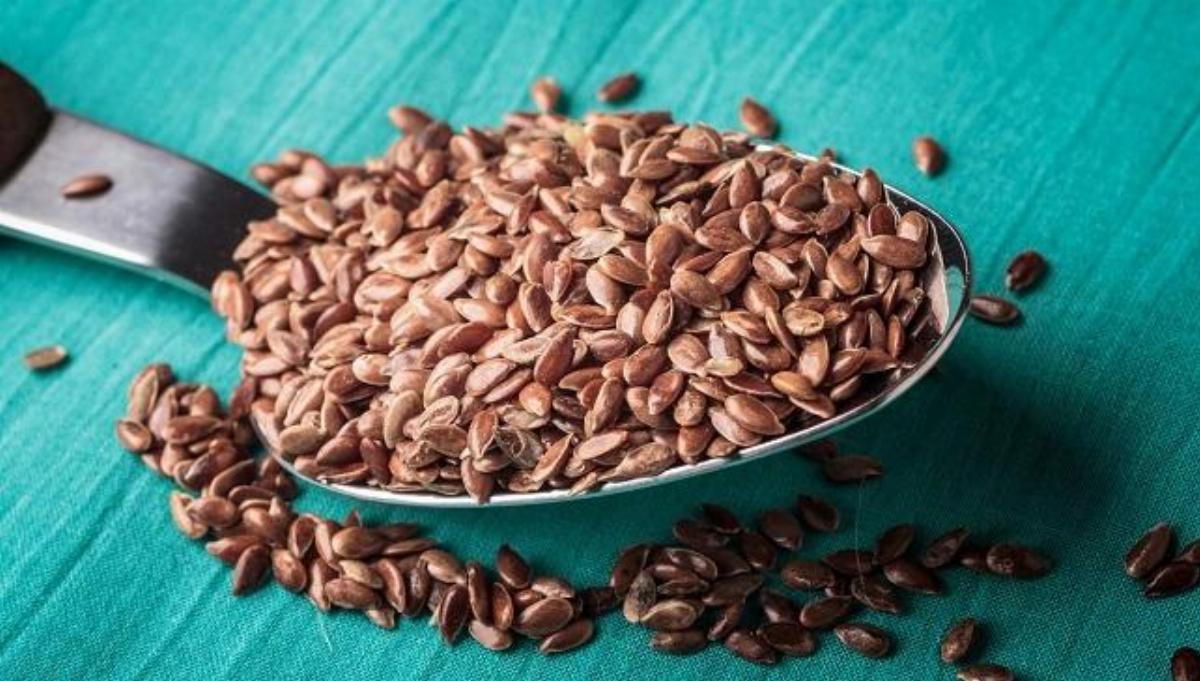Grapes
A grape is a type of berry of woody vines that grows in clusters; they can be eaten raw or used to make wine, jam, raisins, vinegar, etc. Grapes are very low in calories. They are also good source of vitamins A, C, K and Carotenes. Grapes contain phyto-chemicals that have been found to have an anti-allergic, anti-inflammatory, anti-microbial, as well as anti-cancer property.
Nutrition
- Contains 17% of the daily value of vitamin K, and 33% in manganese
- Rich in micro-nutrient minerals like copper
- Low GI value of grapes is a good indicator of this fruit's blood sugar benefits
- A powerhouse of antioxidants
Health Benefits
- Lower the risk of excessive and unwanted inflammation
- Help to avoid dangerous combination of chronic oxidative stress and chronic inflammation.
- Provide anti-aging benefits
- Helps in increasing blood flow to the brain
Purchase Guide
- Fully ripened grapes are plump and free from wrinkles. They should be intact, firmly attached to a healthy looking stem, and not leaking juice. The area around the attachment should have the same color as the rest of the grape.
- One way to help predict the sweetness of grapes is by their color: green grapes are medium sweet, red grapes are very sweet, and blue-black grapes are the least sweet. Green grapes should have a slight yellowish hue, red grapes should be mostly red, while purple and blue-black grapes should be deep and rich in color.
Storage: Since grapes tend to spoil and ferment at room temperature, they should always be stored in the refrigerator. Loosely wrap unwashed grapes in a paper towel and place them in an airtight container or plastic bag. This way, they'll keep fresh in the refrigerator for up to 5 days.


